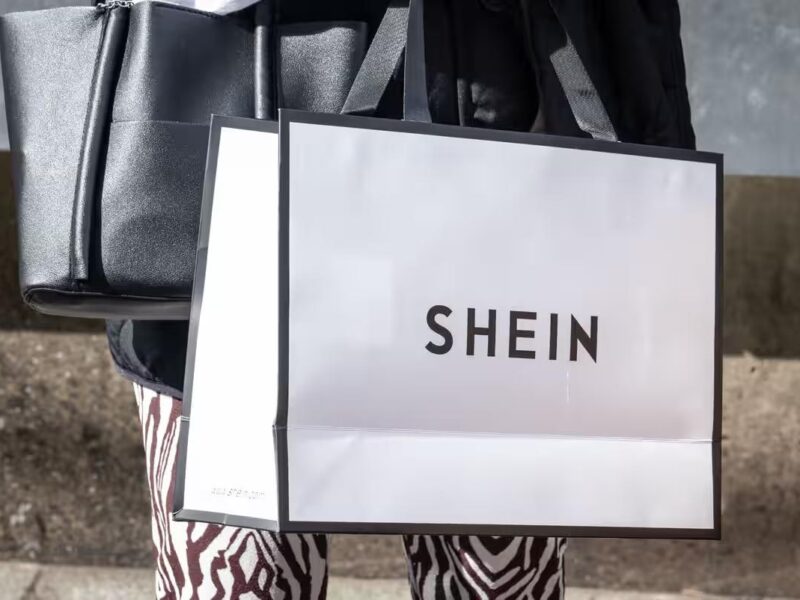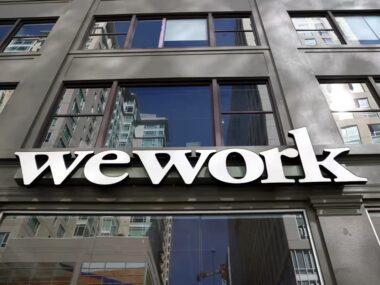According to estimates, the company last month aimed for a valuation of $80-$90 billion, making it the largest initial public offering (IPO) in recent memory.
According to reports, fast fashion behemoth Shein has notified US securities regulators of its plan to go public in the country by filing private documents.
Most likely, the listing would be the biggest initial public offering (IPO) in recent memory.
Shein is a prominent player in the fast fashion e-commerce industry worldwide, leveraging a vast network of Chinese small-shipment manufacturers and an extensive online advertising presence.
Unnamed sources quoted by the Wall Street Journal, Financial Times, New York Times, and Reuters claim that JPMorgan Chase, Morgan Stanley, and Goldman Sachs have been brought on as underwriters for the move.
The filing’s announcement comes after speculation and claims dating back to at least the middle of last year that the business planned to go public in the US in 2024.
Founded in China by businessman Chris Xu, Shein is an online mass-market clothes shop with its headquarters currently located in Singapore. It became the third most valuable start-up in the world in April 2022 when, in less than ten years, it was valued at $100 billion during a funding round.
The business’s worth had declined to little more than $60 billion by May of this year, but if it proceeds with the IPO, it is still anticipated to become the most valuable China-founded company to go public in the US since the $68 billion ride-hailing behemoth Didi Global made its debut in 2021.
Bloomberg said last month that the corporation apparently informed investors that it hoped to be valued between $80 and $90 billion.
Shein has increased production in Brazil and Turkey and distribution in the US, Europe, and Canada in recent years. However, the business has faced criticism for factors like purportedly subpar factory working conditions, claimed copyright violations of independent artists’ creations, and the environmental effects of fast fashion. Shein has refuted the charges.
A US House Committee investigation earlier this year accused Shein and its rival Temu of “building empires” by exploiting legal loopholes to “dodge US import taxes and sanctions checks.”
Shein opted not to respond to the rumors.











